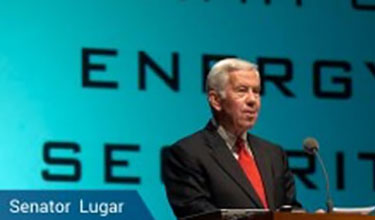How to reunite America by disagreeing agreeably
Is there any hope the deep wounds in our public discourse can be healed?
Common Ground Committee is about doing just that. A skeptic might say that this organization, while well-meaning, is just a “voice crying in the wilderness”. We would, respectfully, disagree. We believe that the level and intensity of polarization is so bad that the pendulum of public discourse is now starting to swing back toward civility and respect. Citizens like us and even some political leaders are deciding “enough already”.
In this Christian Science Monitor piece, “How to reunite America by disagreeing agreeably”, Ralph Benko examines the notion that polarization could be a prelude to a renewal of “From many, one.” We found it encouraging. We hope you do, too.












